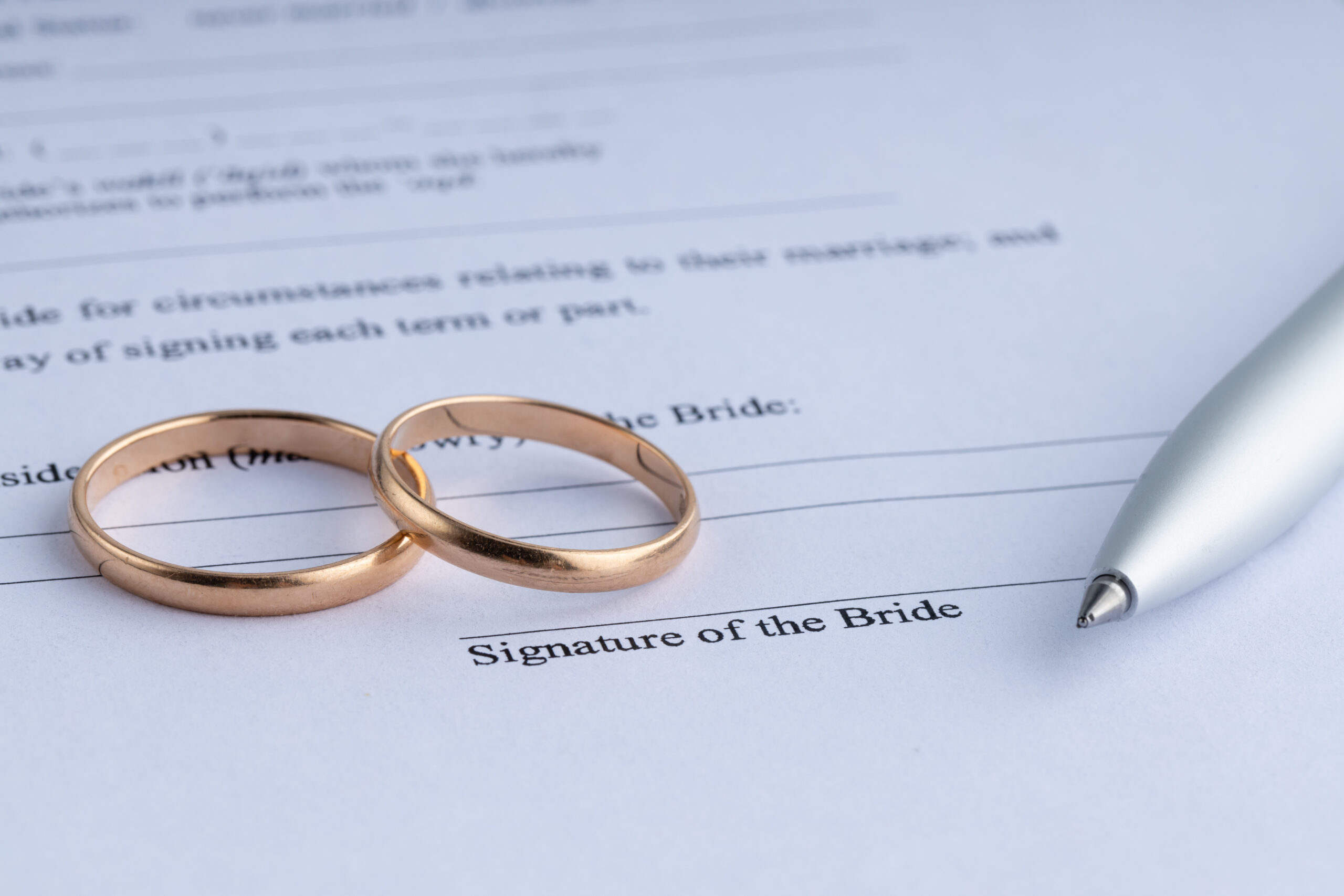When planning a future together, the thought of a prenuptial agreement (or “prenup”) may not immediately come to mind. Yet, for those engaged in estate planning, this document can be one of the most powerful tools for safeguarding individual and family assets. A prenup is not just about planning for the unexpected—it’s about transparency, protection, and ensuring that everyone’s interests are respected.
What is a Prenuptial Agreement?
A prenuptial agreement is a legally binding contract entered into by a couple before marriage. It outlines how assets and debts will be divided in the event of divorce, separation, or death. While some may view prenups as pessimistic, they are increasingly seen as practical tools for financial clarity and estate preservation.
Why Include a Prenup in Your Estate Plan?
- Protecting Family Wealth and Inheritances
For individuals with family businesses, generational wealth, or significant inheritance, a prenup can ensure that these assets remain within the family. It can specify that inherited property or future gifts are kept separate from marital property, preventing disputes. - Safeguarding Children from Previous Relationships
Prenups can help ensure that children from prior marriages or relationships receive their intended inheritance. This is particularly crucial in blended families where financial obligations can be complex. - Clarity in Debt Responsibility
Marriage often involves merging finances, including debt. A prenup can delineate who is responsible for pre-marital and post-marital debts, protecting both partners from unforeseen liabilities. - Minimizing Future Legal Disputes
Without a clear agreement, the division of assets during divorce or after death can lead to lengthy legal battles. A prenup provides clarity, reducing the likelihood of costly disputes that can drain an estate’s value. - Flexibility and Customization
Prenups are highly customizable and can be tailored to fit the unique needs of each couple. From outlining spousal support to designating specific assets for charitable giving, a prenup can complement and enhance your broader estate plan.
Common Misconceptions
- Prenups Are Only for the Wealthy: While often associated with high-net-worth individuals, anyone with assets, business interests, or specific financial goals can benefit from a prenup.
- Prenups Predict Divorce: On the contrary, discussing financial expectations openly can strengthen a relationship, fostering trust and communication.
Key Considerations When Drafting a Prenup
- Full Financial Disclosure: Both parties must disclose their assets, liabilities, and income fully. Lack of transparency can invalidate the agreement.
- Independent Legal Representation: Each party should have their own attorney to ensure the agreement is fair and fully understood.
- State Laws: Prenuptial agreements must comply with state-specific laws, which can vary significantly. Consulting an attorney familiar with your jurisdiction is crucial.
Integrating a Prenup with Your Estate Plan
An effective estate plan works in harmony with your prenuptial agreement. Consider how your will, trusts, and beneficiary designations align with the terms of your prenup. For example, if your prenup specifies that certain assets are separate property, your estate documents should reflect this to avoid confusion or litigation.
Conclusion
Prenuptial agreements are invaluable in modern estate planning, offering clarity and protection for both parties. They are not about predicting the end of a relationship but about planning for the future with mutual respect and transparency. At Forbes Law Firm, we guide clients through creating comprehensive prenuptial agreements that integrate seamlessly with their broader estate plans. If you’re considering marriage and want to protect your legacy, reach out to us to explore how a prenup can be a cornerstone of your estate plan.






